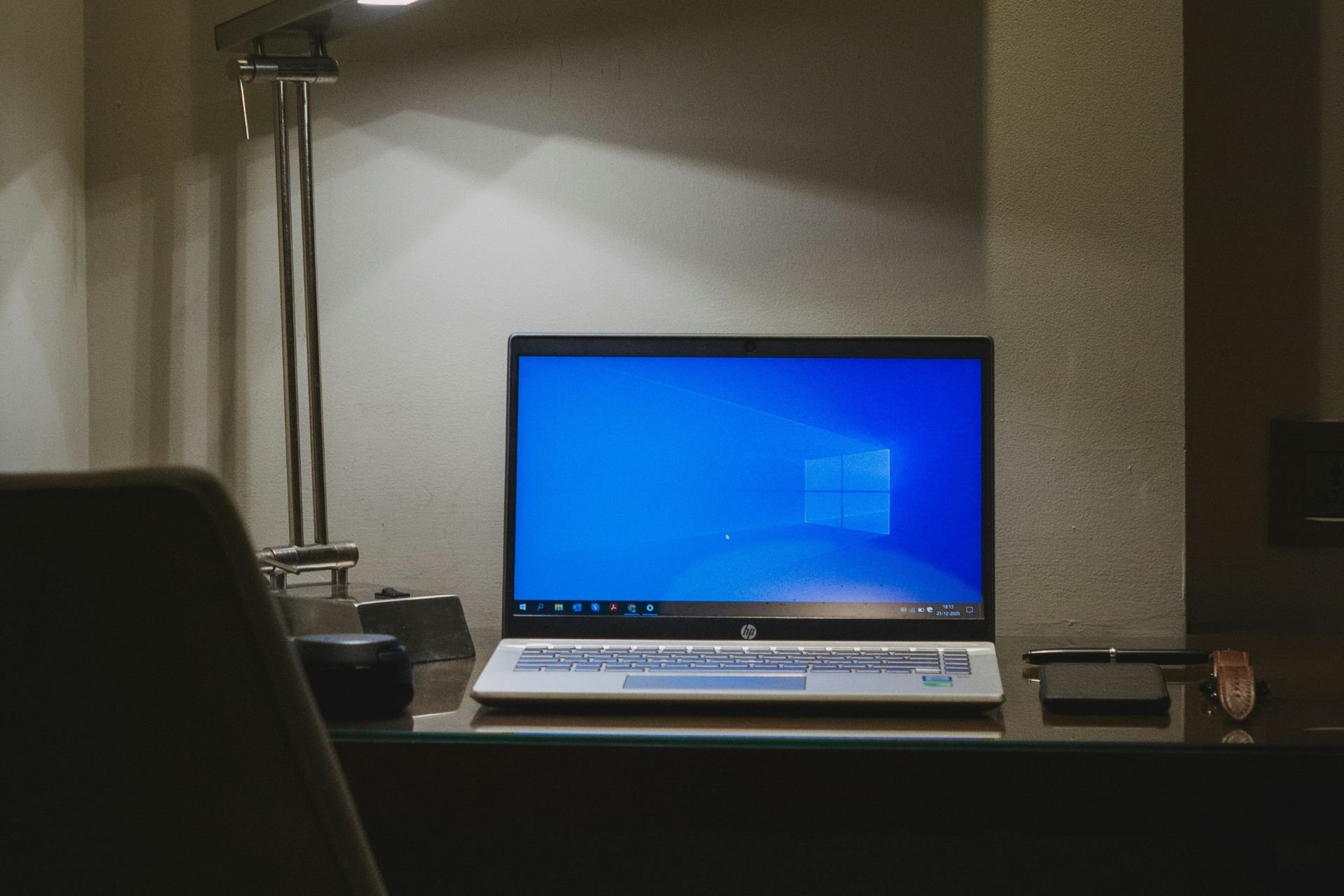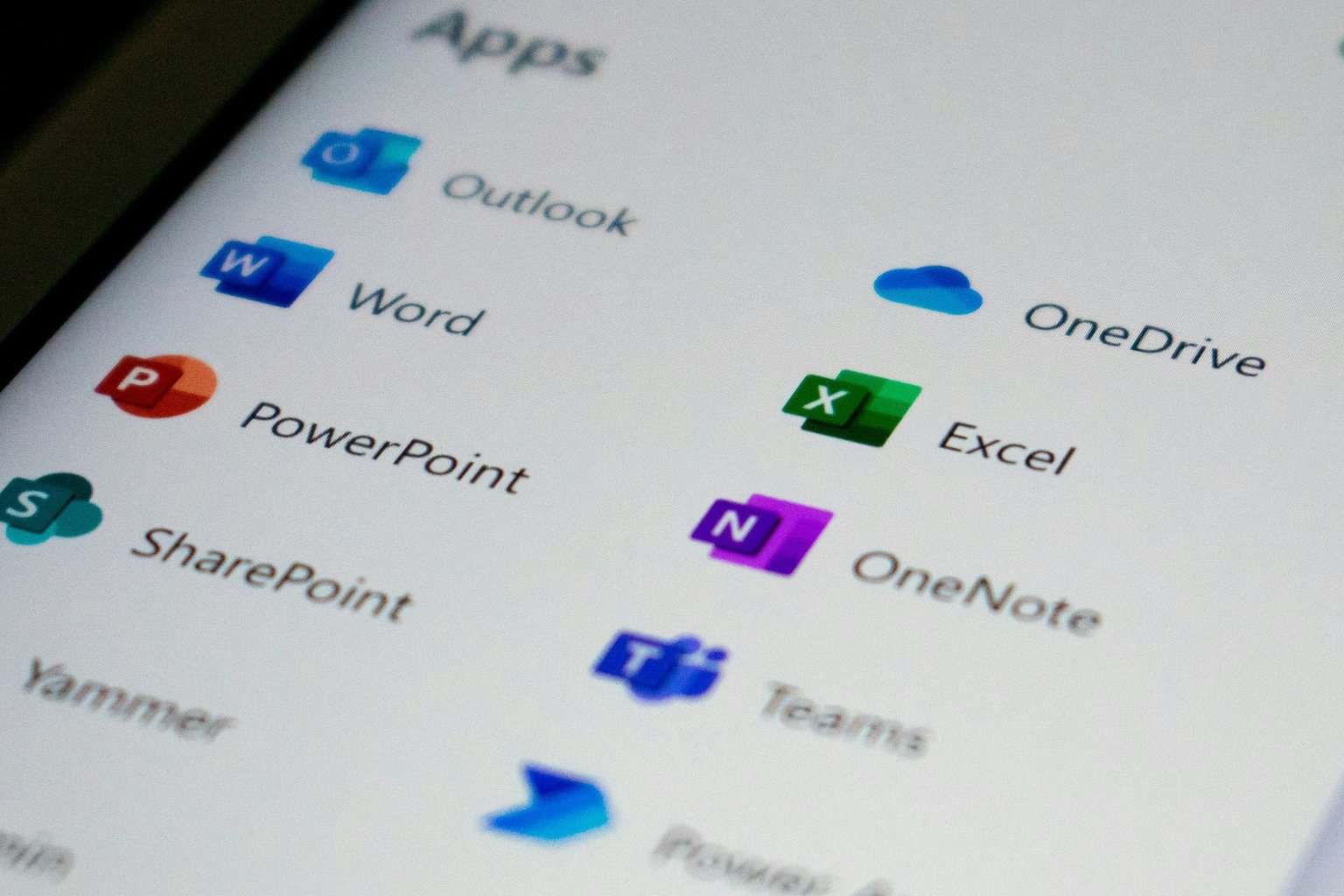Windows 7 vs Windows 10 sound quality
3 min. read
Updated on
Read our disclosure page to find out how can you help Windows Report sustain the editorial team. Read more

Windows 7 has reached the end of its life, and as such, everyone is advised to move on to the next better OS: Windows 10.
It goes without saying that such a migration is for the better since Windows 10 has better security features, better support, and more.
Of course, if you want to stay with Windows 7, you could always opt for the Windows 7 Extended Support, although you should know that this too can only be done for an extra 2 years.
Audiophiles, however, might be interested in knowing that there are differences between how the two OSes handle sound, and how one may provide overall better sound quality than the other.
Thus, if you too are interested in pristine sound quality and clarity, you should continue reading the article below.
How does Windows 10 affect sound quality?
In theory, audio quality should not change if the only thing you do is switch the Operating System. As such, Windows 7 or Windows 10 per se will not affect the audio experience.
Windows 10 makes listening to music easier and better
One thing you should remember is that Windows 10 does come with a set of changes that indirectly affect the way you will listen to music. These include:
- Improved audio stack performance
- An Opt-in dedicated audio core
- This allows you to move audio processing to a dedicated processor core
- WASAPI enhancements
- AudioGraph, which is a new API, built on WASAPI, offers ‘higher-level constructs’ for working with audio
- New Codecs, namely FLAC and ALAC
- Web Audio, which is included in Microsoft Edge
- Bluetooth MIDI
- Lower audio latency
- Audio aggregation and routing
- MIDI routing
These are just one of the many improvements that affect your audio experience more or less directly.
Additionally, because of the universal app development changes, more users can now develop more and better apps, for all devices that support Windows 10.
Why Windows 7 may seem the better option
If you just upgraded from Windows 7 to Windows 10 and the audio seems inferior, it may be due to the driver. Those of you that have older PCs may have been using drivers that were optimized for WIndows 7.
However, not all developers bothered making further optimizations for the newer OS. As such, you may end up using the generic audio drivers provided by Microsoft.
Conclusion
As you can see for yourself, there are differences in audio quality and response rate between Windows 7 and Windows 10. However, these are extremely subtle and hard to notice.
In fact, the only ones that can truly tell the difference are those that work in audio player development or those that have home recording studios.
For the rest of the consumers, a 128 kbps song will still sound like a 128kbps sound regardless of the OS.
Do you think Windows 10 is superior as far as audio goes? Let us know in the comment section below.
RELATED ARTICLES YOU SHOULD CHECK OUT:








User forum
0 messages